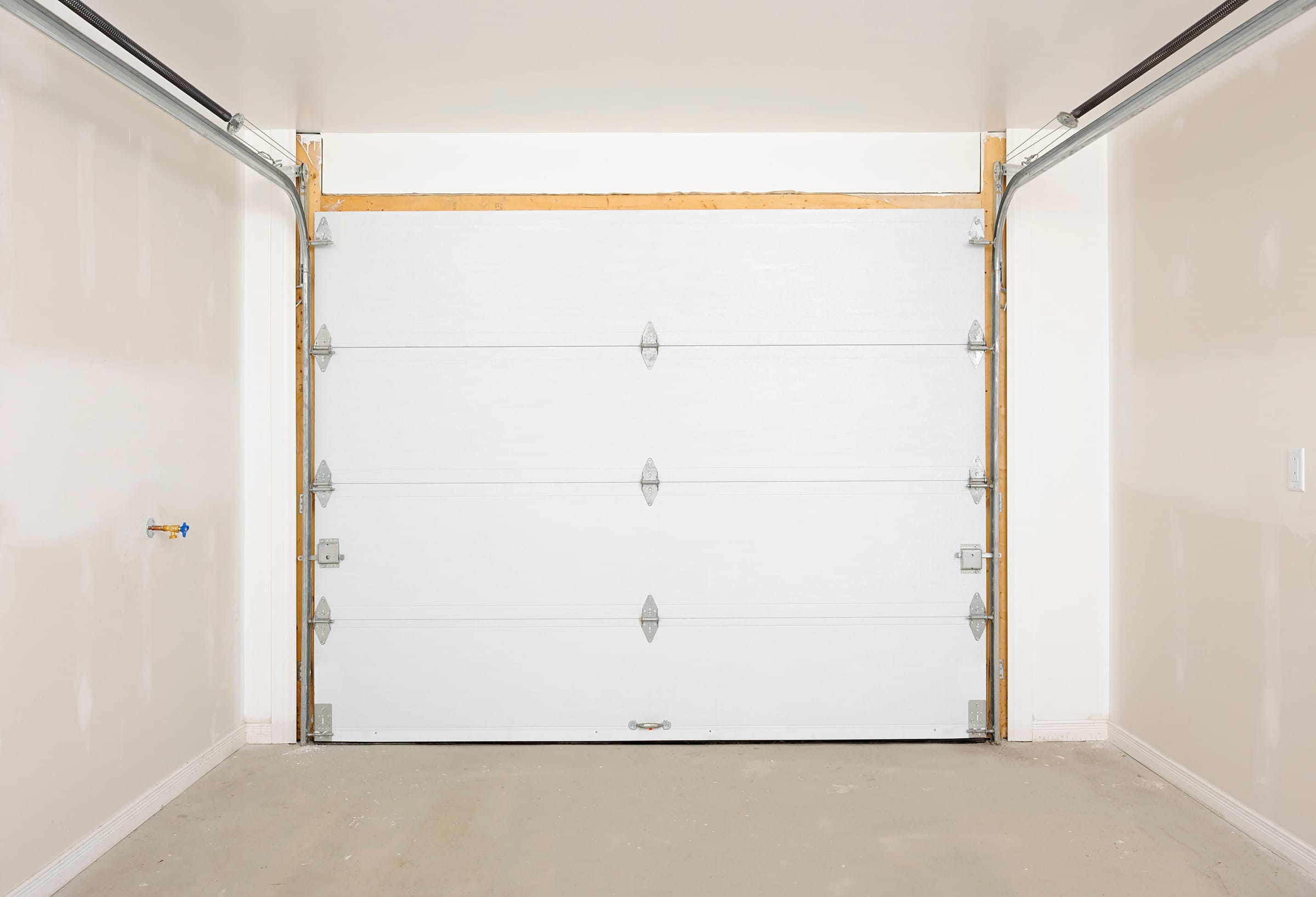
The garage door is one of the largest and most frequently used entryways in your home. It can also be a major source of energy loss, affecting the overall efficiency of your home. Fortunately, there are several ways to increase the energy efficiency of your garage door. In this article, we'll explore the top five ways to make your garage door more energy-efficient.
One of the most effective ways to increase the energy efficiency of your garage is to upgrade to an insulated garage door. Insulated garage doors feature a layer of insulation between two layers of steel, wood, or aluminum, which helps to reduce heat loss in the winter and heat gain in the summer.
Insulated garage doors can also help to reduce noise pollution and improve the overall comfort of your home. Although insulated garage doors may be more expensive than non-insulated doors, the long-term energy savings will more than make up for the initial investment.
Sealing gaps and cracks in your garage door can significantly reduce energy loss. These gaps and cracks can allow air to leak out and cold air to seep in during the winter months, and the opposite during the summer months. You can use weatherstripping or caulk to seal gaps and cracks in your garage door.
Weatherstripping can be installed around the edges of your garage door, while caulk can be applied to gaps and cracks around the garage door frame. Both of these methods can help to improve the energy efficiency of your garage.
If you use your garage as a workspace or frequently enter and exit through the garage door, you'll likely have lights on for extended periods. Replacing traditional light bulbs with energy-efficient options can save energy and reduce costs over time. LED lights are the most energy-efficient option, using up to 75% less energy than traditional incandescent bulbs.
A smart garage door opener can help you save energy by allowing you to control your garage door remotely. With a smart opener, you can receive alerts when your garage door is open, and you can close it from your phone or computer, even if you're not home. This can help to prevent unnecessary heating or cooling losses and keep your home more energy-efficient.
Regular maintenance of your garage door can also help to increase its energy efficiency. Lubricating the hinges, springs, and rollers can help to keep your garage door operating smoothly, reducing wear and tear and improving its energy efficiency.
Additionally, regular inspections of your garage door can help to identify any issues before they become major problems. This can help to prevent energy loss and ensure your garage door operates efficiently.
Improving the energy efficiency of your garage door can have a significant impact on your home's overall energy efficiency. Upgrading to an insulated garage door, sealing gaps and cracks, using energy-efficient lighting, installing a smart garage door opener, and maintaining your garage door are all effective ways to increase its energy efficiency. By implementing these strategies, you can save energy, reduce costs, and improve the comfort of your home.